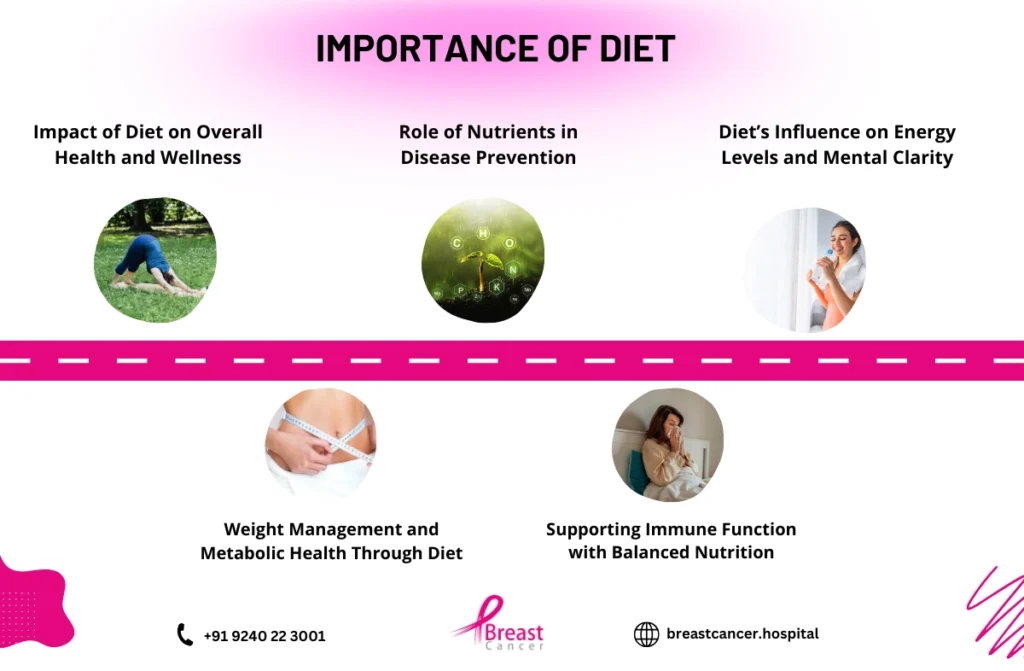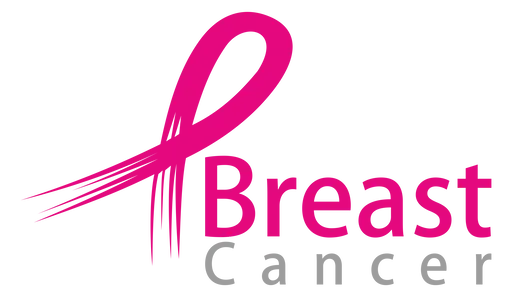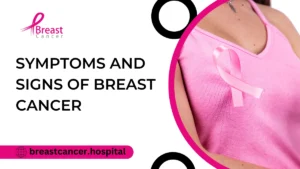When it comes to managing estrogen-positive breast cancer, diet plays a crucial role in promoting overall health and potentially reducing the risk of recurrence. Breast cancer foods to avoid estrogen positive diagnoses typically include foods that can elevate estrogen levels or promote inflammation, both of which can impact recovery and long-term health outcomes. This blog will guide you through foods to avoid, helpful dietary tips, and lifestyle changes that can support well-being for those with estrogen-positive breast cancer.

How Diet Affects Breast Cancer Outcomes
Diet significantly influences breast cancer outcomes, particularly in estrogen-positive cases. Key dietary factors include:
- Weight Management: Maintaining a healthy weight is crucial, as obesity is linked to higher estrogen levels, which can fuel tumor growth.
- Nutrient-Rich Foods: Consuming a diet rich in fruits, vegetables, and whole grains provides essential nutrients that support overall health and may improve treatment efficacy.
Breast Cancer Foods to Avoid Estrogen Positive
Diet and breast cancer, particularly when addressing estrogen-positive breast cancer, is a critical area of focus. This type of cancer is characterized by its reliance on estrogen for growth, making dietary choices especially significant. Certain foods and beverages can indeed influence estrogen levels and cancer cell proliferation, underscoring the importance of what we consume. Managing the condition effectively involves adopting a balanced diet that supports treatment and prevention, helping to reduce inflammation and mitigate hormonal disruptions.
1. Processed Foods and Red Meat:
- Processed meats and red meat: These foods contain nitrates, preservatives, and other chemicals that may trigger inflammation and increase cancer risk.
- Hormonal impact: Processed foods and red meats are linked to increased levels of estrogen, which could promote the growth of estrogen-positive breast cancer cells.
- Recommendation: Limit intake of sausages, bacon, hot dogs, and fatty cuts of beef, lamb, or pork. Opt for leaner cuts of poultry or plant-based protein sources like legumes and tofu.
2. High-Sugar Foods and Refined Carbs:
- Sugar and insulin resistance: High-sugar diets can lead to insulin resistance, which may promote breast cancer cell growth.
- Refined carbs: Foods like white bread, pasta, and pastries cause blood sugar spikes, increasing insulin levels and possibly fueling cancer growth.
- Recommendation: Replace refined sugars with natural sweeteners like stevia or monk fruit. Choose whole grains, such as oats, quinoa, and brown rice, for sustained energy.
3. Alcohol:
- Alcohol’s effect on estrogen levels: Drinking alcohol can increase estrogen production in the body, which may encourage the growth of estrogen-positive breast cancer cells.
- Cancer risk: Even moderate alcohol consumption has been linked to an increased risk of breast cancer.
- Recommendation: Limit alcohol intake to one drink per day, or better yet, avoid it entirely to minimize potential hormonal effects.
4. Dairy Products:
- Hormonal influence of dairy: Dairy contains hormones like estrogen and progesterone, which may interfere with hormone regulation in estrogen-positive breast cancer patients.
- Potential link to cancer: Some studies suggest a correlation between high dairy consumption and increased breast cancer risk.
- Recommendation: Consider plant-based alternatives like almond milk, oat milk, or coconut yogurt. If consuming dairy, choose organic, hormone-free options.
5. Soy and Soy Products:
- Phytoestrogens in soy: Soy contains plant compounds called phytoestrogens, which mimic estrogen in the body. The impact of soy on estrogen-positive breast cancer is still debated.
- Safety for estrogen-positive breast cancer patients: While moderate consumption of soy is generally considered safe, it’s important to consult with a healthcare provider for personalized guidance.
- Recommendation: Limit intake of soy products like tofu and soy milk if uncertain. Opt for organic and non-GMO soy products when included in your diet.
6. Caffeine:
- Caffeine’s influence on hormone production: Caffeine can stimulate the production of certain hormones, including cortisol and estrogen, which may interfere with the hormonal balance in estrogen-positive breast cancer patients.
- Estrogen receptor effect: Caffeine may affect estrogen receptors in the body, which could potentially fuel breast cancer cell growth.
- Recommendation: Limit caffeinated beverages like coffee and energy drinks. Consider alternatives such as herbal teas (like chamomile or green tea) to reduce caffeine intake.
7. Artificial Sweeteners and Additives:
- Recommendation: Avoid artificial sweeteners and opt for natural alternatives like honey, maple syrup, or stevia. Limit processed food and beverage consumption that contains artificial additives.
- Chemical additives’ impact on hormones: Artificial sweeteners and additives like aspartame, sucralose, and high-fructose corn syrup have been linked to disruptions in hormone function.
- Potential hormone disruption: Some artificial sweeteners may alter insulin levels, which can indirectly promote cancer cell growth.
Best Diet for High Estrogen
To manage high estrogen levels, it’s essential to adopt a balanced and nutrient-dense Breast Cancer Diet Menu that includes foods that support hormonal balance. Here’s a breakdown of the best foods and dietary practices to follow:
- Increase Fiber Intake
- Incorporate Phytoestrogens
- Focus on Healthy Fats
- Boost Antioxidant-Rich Foods
- Reduce Processed Foods
- Incorporate Cruciferous Vegetables
Foods That May Lower Breast Cancer Risk
In addition to avoiding certain foods, incorporating foods that help lower breast cancer diet menu risk can be a powerful tool in prevention and management. A healthy, balanced diet can support overall health and help maintain proper hormonal balance.
- Cruciferous Vegetables: Vegetables like broccoli, cauliflower, Brussels sprouts, and kale contain compounds that can help block estrogen receptors, slowing cancer cell growth.
- Berries: Rich in antioxidants, berries such as blueberries, strawberries, and raspberries can reduce inflammation and may help in the prevention of cancer cell growth.
- Flaxseeds: Flaxseeds contain lignans, plant compounds that may help reduce estrogen levels and provide a protective effect against estrogen-positive Diet and breast cancer.
- Turmeric: The active compound in turmeric, curcumin, has anti-inflammatory and antioxidant properties that can help reduce cancer cell proliferation.
Supporting a Healthy Lifestyle
Embracing Physical Activity for Hormone Balance
Exercise is a powerful tool in managing estrogen levels and promoting overall health. Regular physical activity can help reduce body fat, which is where estrogen is stored and produced. For those with estrogen-positive breast cancer, incorporating moderate exercise, such as walking, swimming, or yoga, can help balance hormones, reduce stress, and support overall recovery.
Exercise not only complements breast cancer lifestyle changes but also enhances physical and mental well-being. Setting achievable fitness goals can create a sustainable routine that promotes hormone regulation and supports a healthy lifestyle.
The Role of Stress Management
Chronic stress can lead to increased cortisol levels, which may indirectly influence estrogen levels and worsen inflammation. Stress management techniques, such as meditation, deep breathing, and mindfulness, are important tools for supporting hormone balance.
In addition to diet and exercise, maintaining emotional health is crucial for those dealing with breast cancer. These practices align with breast cancer tips and facts that encourage holistic approaches to managing the disease, addressing both physical and emotional well-being.
Prioritizing Sleep and Restorative Practices
Quality sleep is essential for hormonal balance and immune support, both of which are key in managing estrogen-positive breast cancer. Lack of sleep can lead to increased cortisol, a stress hormone that impacts estrogen levels. By creating a consistent sleep schedule, individuals can help regulate their hormones and support a resilient immune system.
Including restorative practices in daily routines is a valuable part of how to avoid breast cancer symptoms and enhance recovery. Taking time for self-care, relaxation, and mindfulness can promote mental clarity and help support a balanced hormonal environment.
Conclusion
Understanding Diet and breast cancer foods to avoid estrogen positive is essential in managing estrogen-positive breast cancer effectively. By focusing on a diet that minimizes saturated fats, processed foods, and alcohol, while embracing healthier lifestyle choices, individuals can support hormone balance and enhance their well-being. With the right dietary and lifestyle changes, estrogen-positive breast cancer patients can improve their overall health and reduce the risk of recurrence.
Empowering oneself with knowledge of breast cancer lifestyle changes, incorporating exercise, stress management, and prioritizing sleep are all valuable steps toward long-term health. Taking action on these tips can help individuals feel more in control of their health journey, leading to a more balanced and fulfilling life.




